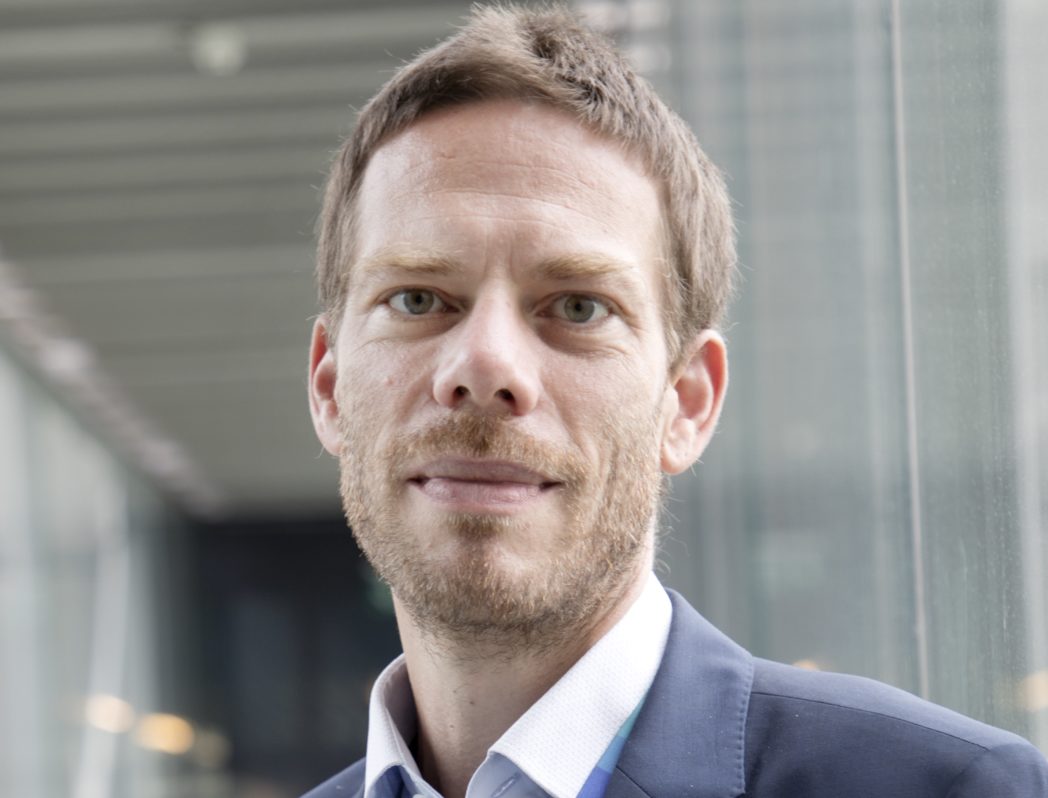
In technical development, various trends can currently be observed. On the one hand, things are becoming “smart”, i.e. they are receiving software-supported functionality, and on the other hand, they are being interconnected. But what happens when these trends affect sensitive areas on which we depend? At the end of November, the “Josef Ressel Centre for Dependable System-of-Systems Engineering” was opened at the University of Applied Sciences Salzburg, which addresses these questions.
The watch has long since become a smartwatch with a built-in fitness tracker. Devices such as televisions, computers, and mobile phones are connected to each other, so that movies stored on the computer can easily be watched on the TV via WLAN. But networking is not only entering the field of consumer electronics.
Sensitive areas such as the power grid (smart grid), transportation (e-mobility), industrial production (industry 4.0), or entire cities (smart cities) are now interconnected. Since there are significantly more different components involved here than with a smartwatch, these are referred to as complex systems. These can in turn form into system-of-systems, for example, when electric vehicles are connected to the power grid for charging.
Complex systems in combination as a challenge
Mastering highly complex systems – especially in combination as “system-of-systems” – is a central challenge of the future. These systems must above all be able to ensure reliable operation.
For example, the power grid and e-mobility are developed and operated by completely different actors. The various disciplines use different technical languages, concepts, and methods. When these systems are supposed to work together, unplanned effects can occur that affect their reliability.
If, for example, e-mobility is further expanded in the future and cheaper charging for electric cars is offered at certain times, simultaneity effects can occur. If many electric cars are waiting for the rate to become cheaper and start charging at that moment, there can be negative feedback on the power grid in the worst case scenario. To ensure reliable operation, the power grid and e-mobility must be considered as a system-of-systems in their entirety. Similar to building a house, the different actors must work together well – in our case, for example, vehicle developers with energy providers. They must find a common “language” and understand each other’s concepts.

The Josef Ressel Center is researching System-of-Systems
At a new research center at FH Salzburg, they are dealing precisely with this issue. At the Josef Ressel Center for Model-Based Development of Dependable Systems, innovative development methods for interdisciplinary engineering of such highly complex systems are being researched. A central research question for the next five years is how systems can be built to function reliably and be compatible as a system-of-systems. The goal is to develop reference models – a kind of “catalog of prefabricated houses” – for systems that work essentially and have been tested and can be adapted to specific needs as required.
That might also be of interest to you
5. June 2024
The Faculty of Digital and Analytical Sciences after 2 years – a review
Since its establishment two years ago, the Faculty at the Paris Lodron University of Salzburg has seen significant expansion. This was also supported by the State of Salzburg and Innovation Salzburg. On Tuesday, June 4, 2024, a review was presented at a press conference.
8. March 2024
How do we shape our future?
Political and technological challenges, as well as solutions to questions about the world of tomorrow, were discussed at the well-attended Innovation and Technology Forum salz21 on March 6th at the Salzburg Exhibition Center. Let’s take a look back at the panels organized by Innovation Salzburg.
17. January 2024
Research premium – this is how you apply!
SMEs can apply to the tax office for a research premium for expenditure on research and development (R&D). We show you how it works!
23. November 2023
Digital Motion: Enhancing Movement with Technology
Several research institutions in Salzburg, along with additional partners, have succeeded in bringing another COMET project to Salzburg with “Digital Motion.” COMET is the flagship program for promoting cutting-edge research in Austria.